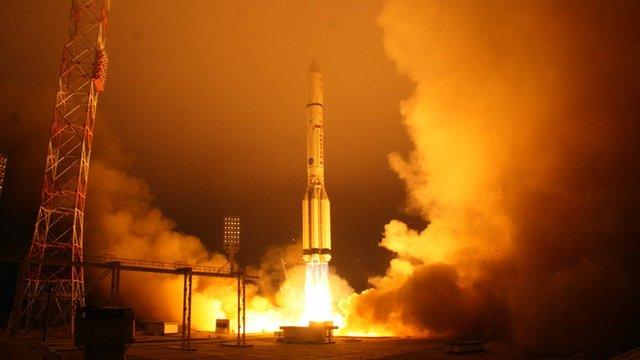Launch date for Inmarsat's delayed Global Xpress spacecraft
- Published
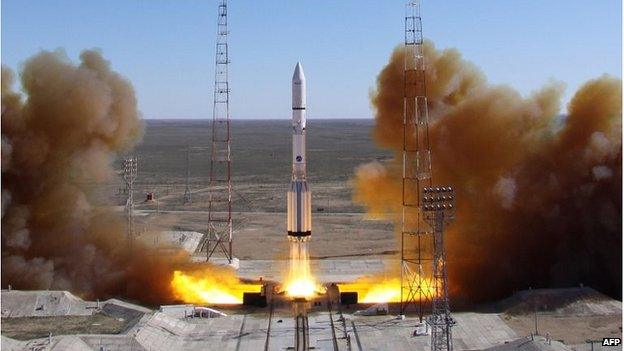
Proton rockets have suffered a series of failures in recent years
London-based Inmarsat hopes to get its latest next-generation spacecraft into orbit at the end of the month.
It has been waiting on a review of the Russian Proton rocket, which failed on its last outing in May while carrying a Mexican payload.
Inmarsat's third Global Xpress platform was due to be the next passenger and was grounded as a consequence.
The launch on the Proton is now set for 28 August from Baikonur, Kazakhstan.
Lift-off will be at 17:44 local time (12:44 BST).
Inmarsat is the world's largest mobile satellite services operator.
Its principal customer base is the shipping sector, but the company also caters for any groups that need telecommunications away from a fixed line. These include oil and gas installations, the aviation sector, armed forces, aid agencies and NGOs in disaster areas, and TV news crews reporting from trouble zones.
Its new £1bn GX network is the biggest commercial UK space project in the process of being rolled out right now.
It is designed to incorporate three spacecraft distributed around the globe to give worldwide coverage.
Two have already gone up, to relay telecommunications from Asia all the way across to the Americas.
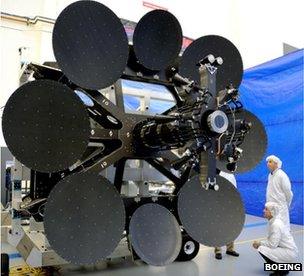
Inmarsat's new spacecraft operate at a higher frequency than its previous platforms
The upcoming launch should complete the network over the Pacific, and give customers seamless coverage wherever they are - something that is especially important to the shipping and aviation sectors.
Investigators are now confident they understand the loss of May's Proton.
The natural vibration in the rocket's third stage loosened bolts that held a turbopump in place for a steering engine.
The disruption ultimately broke an oxidizer line and led to the pump shutting down, and the loss of the engine.
Measures have been put in place to make sure this cannot happen again.
The Proton has had a torrid record of late.
Six vehicles and their payloads have been lost in the past five years, and Inmarsat's GX network is roughly a year behind schedule because of all the problems the rocket system has experienced.
"The return to flight is typically the best flight to be on because there is extra caution, extra controls," Michele Franci, Inmarsat's Chief Technical Officer, told BBC News.
The new satellite is insured, but the company has taken the additional precaution of ordering a fourth platform from manufacturer Boeing. This would be available in mid-2016 should anything go wrong this month.
Global Xpress sees Inmarsat take its first, firm step into Ka frequencies to deliver communications.
Traditionally, its spacecraft have worked in the L-band.
The higher frequency of Ka allows faster throughput connections, giving the new satellites broadband speeds that are 100 times faster than the company's previous generation of spacecraft.
"If there has been any benefit from the delay, it's that it has allowed us to fix network issues that we would have had anyway in this period," said Mr Franci
"So, once we go really live at the end of the year, the network will be more stable and more reliable. But we could definitely have done without the delays, that's for sure."
.jpg)
Remote connection: A BBC cameraman prepares to send video from the ice fields of Greenland
Jonathan.Amos-INTERNET@bbc.co.uk, external and follow me on Twitter: @BBCAmos, external
- Published18 May 2015
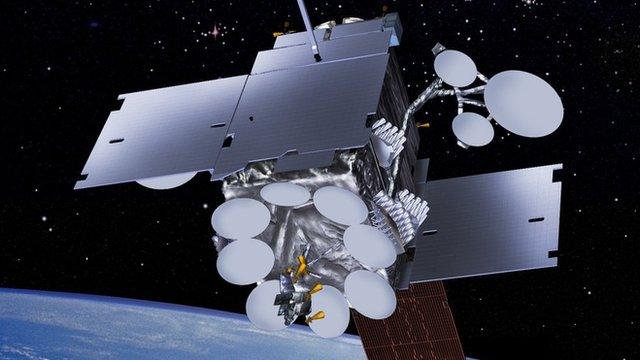
- Published16 May 2015
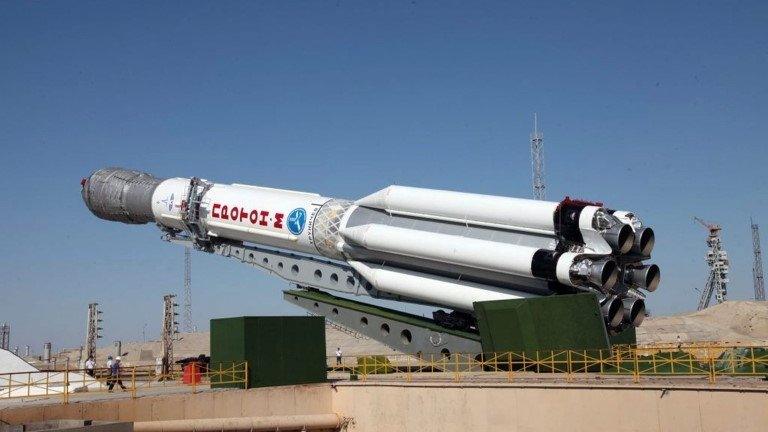
- Published2 February 2015
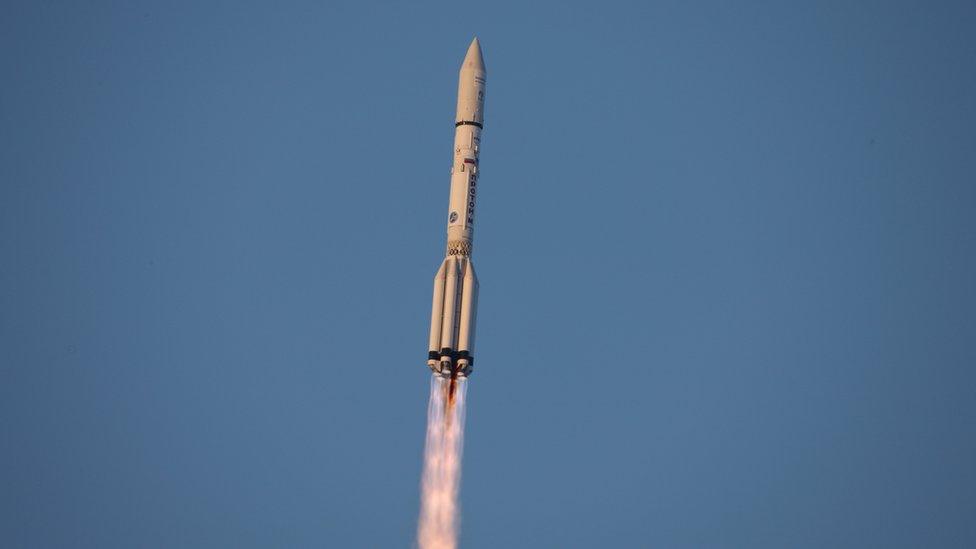
- Published9 December 2013
